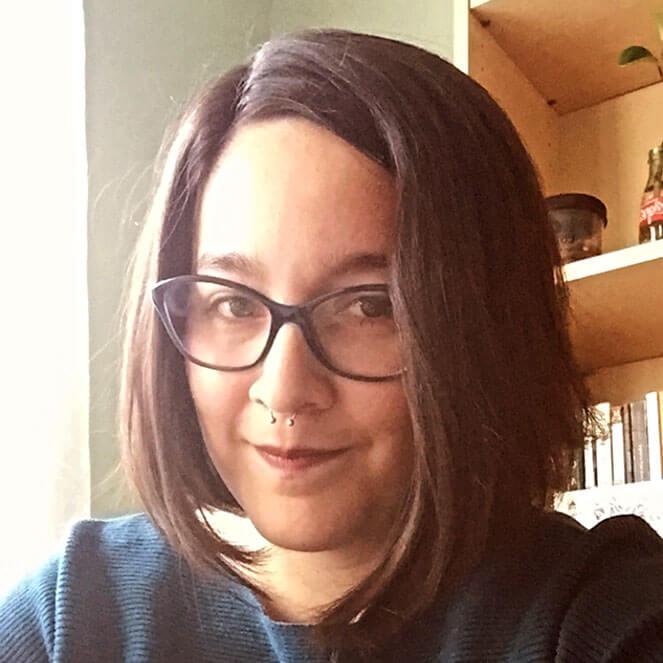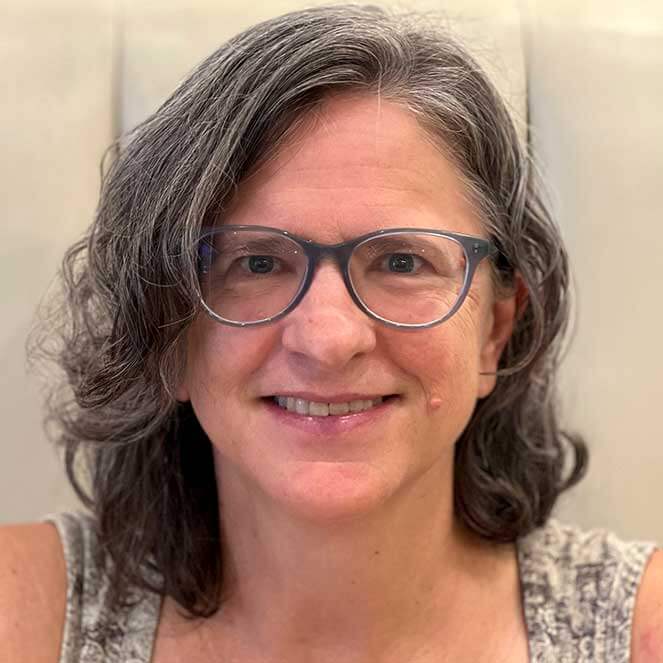About Sisary

Associate Lecturer of English Composition at UMass Boston
Sisary Poemape Heredia is an Associate Lecturer of English Composition, recent graduate in English Literature at UMass Boston; and recently presented her work on the queer memoir at NEMLA 2024 and GCWS Graduate Student Conference 2023. She recently collaborated with a learning group for “Digital Ethnic Course Development” supported by the Digital Ethnic Futures Consortium.
About Louise

Associate Professor of English at UMass Boston
Louise Penner is Associate Professor of English at UMass Boston and author or editor of Victorian Medicine and Social Reform: Florence Nightingale among the Novelists (2010); Victorian Medicine and Popular Culture (2016), co-edited with Tabitha Sparks; and the forthcoming Post-Apartheid Community Activism: Mandla Majola and the Struggle for Social, Economic, and Health Equity, with Rajini Srikanth, expected publication date: December 2024.
About their project
Beyond the Medical Record: A Digital Archive of Immigrant Stories from Boston Harbor Island
This project invites Boston area students, researchers, and visitors to The Boston Harbor Islands (BHI) to learn about the history of people confined to and otherwise impacted by the islands’ quarantine hospitals. The project will result in an Esri story map featuring materials drawn from the Massachusetts state and Boston city archive materials and oral histories from the indigenous nations who first populated the islands and served as their stewards Drawing from rare access to redacted individual patient records from the Penikese leprosy hospital, the vast majority of whose patients were immigrants, our story map also features “letters home” created by students who write empathetically from the subject position of individual patients describing their experiences to their loved ones. We invite viewers to participate in creating their own “letters home” drawing from their own family histories of immigration and confinement during historical and our recent COVID19 public health crises.